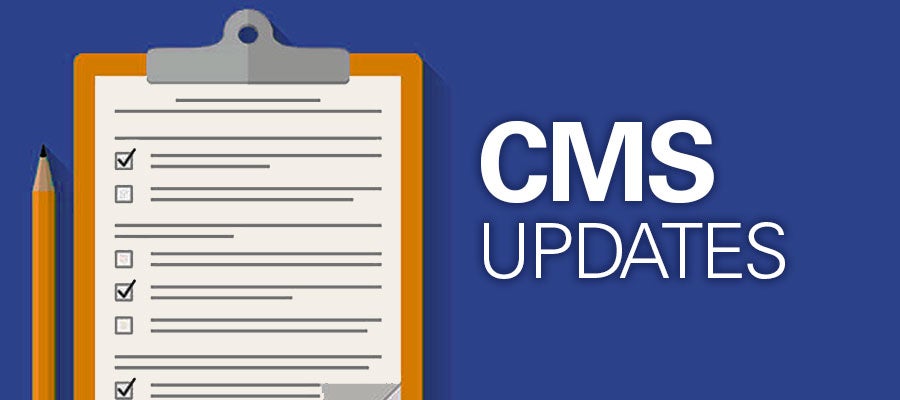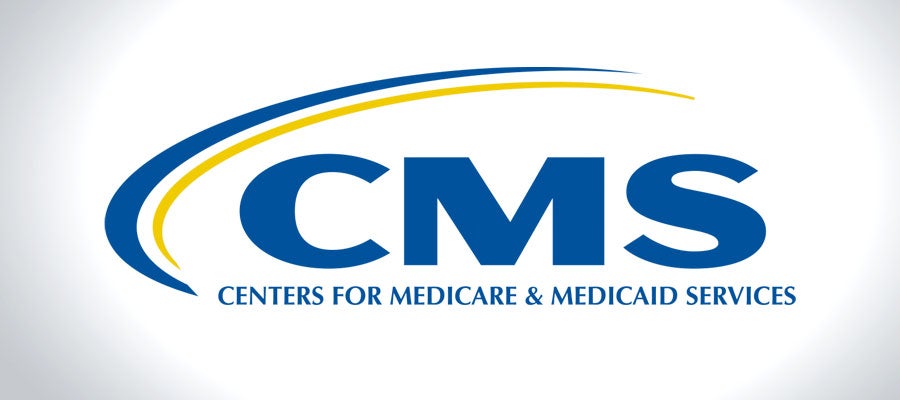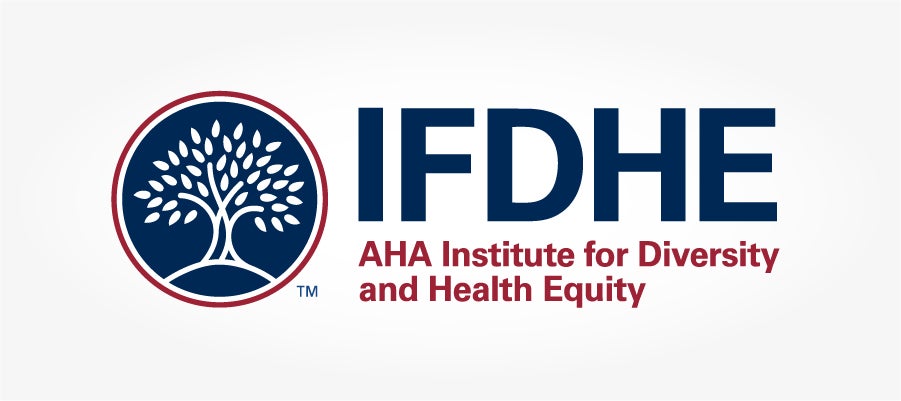
President-elect Biden unveiled plans for a roughly $1.9 trillion COVID-19 relief package, which includes a number of provisions that affect hospitals and health systems. Biden hopes that Congress will consider the legislation soon after he is inaugurated next week.






